Former South African President Jacob Zuma’s unannounced visit to Morocco on July 15 has triggered widespread backlash, reigniting tensions over the Western Sahara dispute and sparking fierce criticism from political allies and opponents alike. The visit, first revealed through social media posts by Moroccan officials and later confirmed by Morocco’s ambassador to the United States, Youssef Amrani, has been interpreted as a controversial political gesture that contradicts South Africa’s historic stance on the region.
Photographs from the visit show Zuma standing alongside Magasela Mzobe, Head of Presidency for the MK Party, and Moroccan dignitaries, with both South African and Moroccan flags on display. This imagery and the timing of the visit have fueled speculation that Zuma may be endorsing Morocco’s claim over Western Sahara a position at odds with the African Union’s longstanding support for Sahrawi self-determination.
Zuma’s apparent pivot has been met with sharp criticism from figures within South Africa’s political landscape. Floyd Shivambu, former Secretary General of the MK Party, denounced the move as “opportunistic” and accused Zuma of abandoning the anti-colonial values that many African liberation movements, including South Africa’s own, were built upon. “This move contradicts our history of supporting oppressed peoples,” Shivambu wrote on social media.
Further condemnation came from the African National Congress (ANC), with Secretary General Fikile Mbalula publicly calling Zuma a “sellout” during a televised interview and doubling down on his criticism in follow-up posts. The incident has sparked a heated political debate within South Africa, highlighting internal fractures and reigniting diplomatic tensions tied to the unresolved Western Sahara issue.
The controversy underscores the sensitive nature of international diplomacy within the African continent, particularly regarding solidarity with liberation movements. As Morocco continues to push for broader international recognition of its claim over Western Sahara, Zuma’s visit may be seen as a symbolic win for Rabat but one that comes at a steep political cost within South Africa and the broader Pan-Africanist community.


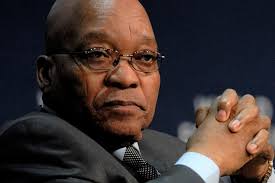
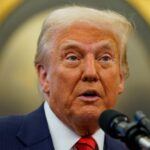

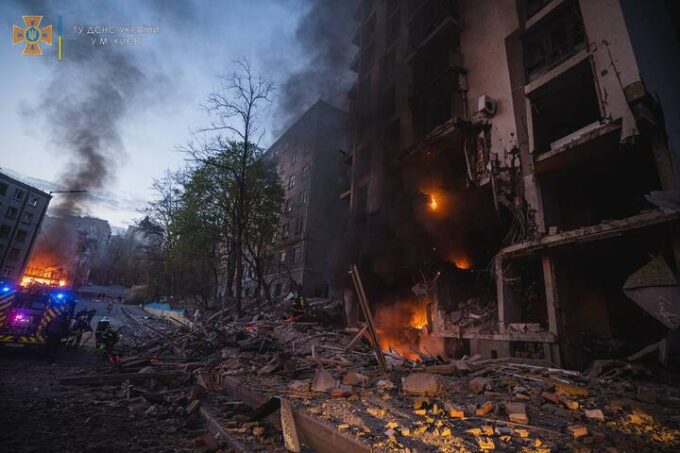

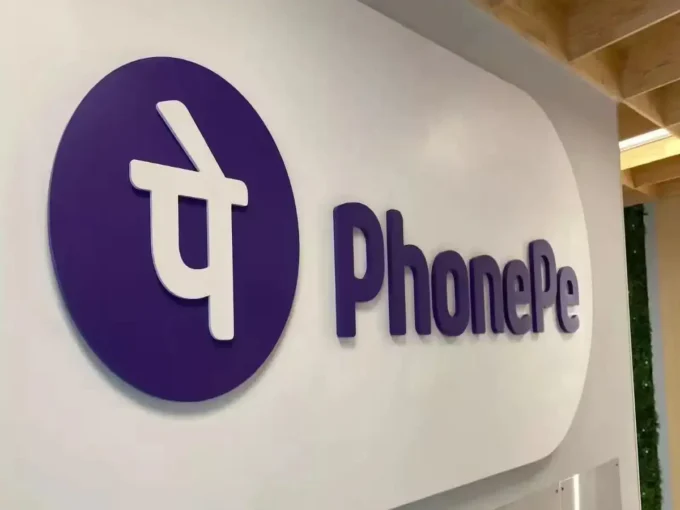



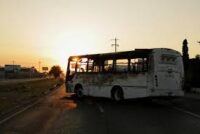

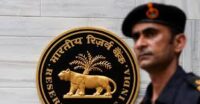
Leave a comment